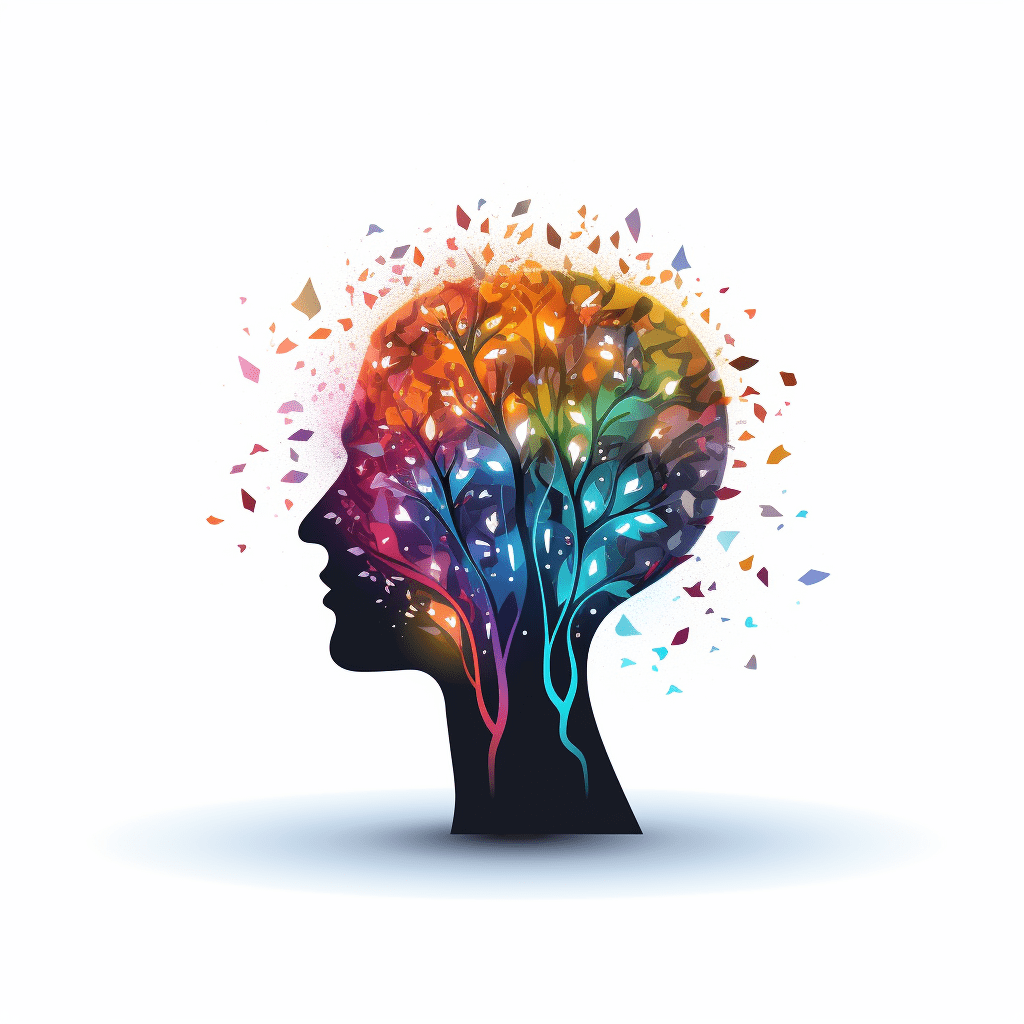
Brain-Based Coaching
Content:
Are you yearning for change and ready to explore how brain-based coaching can propel you toward your goals? This deeper look at coaching rooted in neuroscience gives you an inside view of what a brain-based approach could do for you.
Let’s begin this discussion by imagining that I’m your coach here to guide you toward the answers you seek…
Understanding the Fundamentals of Coaching
At its heart, coaching is all about creating space for your inner wisdom to emerge. Your coach serves as a supportive guide, helping you tap into your potential, generate insight, and achieve those dreams that may seem just out of reach.
Picture coaching as a purposeful dialogue designed to foster shifts in thinking and propel you into action that yields meaningful results. It’s the difference between wandering without a map and confidently navigating to your desired destination.
Coaching is also a place where you can rethink your beliefs and to find what is effective and what isn’t effective for you.
Demystifying Brain-Based Coaching
What exactly makes brain-based coaching so different? Simply put, it utilizes the latest discoveries about our brains to maximize your growth potential. Understanding how your brain operates grants access to more profound, transformative change.
While much of the neuroscience remains behind the scenes, as your coach, I’ll use this knowledge to craft an immersive experience for you. Our brain-friendly journey of coaching aims to:
- Sharpen Your Focus: Cut through distractions and zero in on what matters most.
- Break Habits: Get unstuck from autopilot and pave the way for new solutions.
- Foster Insight: Connect the dots and spark those “aha!” moments.
- Solidify Learning: Forge new neural pathways that lead to lasting behavioral shifts.
Important Reminders About Coaching
Brain-based coaching isn’t here to simply offer instructions or quick fixes. Instead, it empowers you to unlock your inner wisdom. My role isn’t to act as a consultant or mentor, but to be a catalyst for your growth. And while I bring specialized knowledge and tools, we focus on empowering you to find solutions rooted in your own understanding.
This self-directed process helps you tap into your innate resourcefulness. This coaching relationship will provide structure and support to draw out your best ideas and connect them to actionable steps.
The Power of Thinking Better
Why focus so much on how we think?
Brain-based coaching understands that thinking shapes our results. This approach targets improvement from the inside out, unlocking greater self-awareness and setting you up for more fulfilling outcomes.
By escaping the mental ruts of everyday autopilot, you gain the control to create conscious change that endures.

The Science Behind Transformation
Our brains are fascinating and highly adaptable. Neuroscience reveals insights that have helped refine traditional approaches to coaching and self-improvement. Here are a few fundamental concepts that inform brain-based coaching:
- Wired for Connection: Your brain works tirelessly to link concepts and make meaning of the world around you.
- Unique Perspectives: We filter everything through our experiences, generating our individual realities.
- Hardwired Habits: The brain strives to automate repetitive behaviors to ease its workload.
- Change Is Possible: New neural pathways can be formed with targeted attention and focus.
Distinguishing Features of Brain-Based Coaching
Brain-based coaching offers notable benefits due to its grounding in these neuroscientific principles:
- You Steer the Ship: This approach honors your innate ability to generate solutions.
- Emphasis on the Future: Dwelling on problems is counterproductive; we seek a vision-driven path.
- Challenge Sparks Growth: Stretching outside your comfort zone rewires those powerful neural circuits.
- Positive Focus: Recognizing success reinforces new thinking patterns.
- Structured Process: A predictable framework allows you to concentrate on achieving results.
- Your Agenda Reigns: We leave my agenda outside the session to keep the spotlight on your needs.
Who Stands to Benefit?
If you’re hungry for change, open to challenges, and willing to prioritize your goals, brain-based coaching could be a transformative asset. This approach can bring clarity, boost confidence, and unlock your full potential for:
- Career acceleration
- Increased effectiveness
- Reduced stress
- Greater influence over others
- Enhanced productivity
- Stronger purpose and fulfillment
Ready to discover if brain-based coaching could be the right fit? It starts with self-reflection. Ask yourself:
- What am I striving toward right now?
- What project have I been dreaming of making progress on?
- Where does my life shine, and how can I cultivate more of that?
- What area feels off-track, and how would I love to see it change?
- And ultimately, what do I truly desire?
Your answers are the roadmap. They reveal where coaching can serve you best. It’s time to find that thinking partner who’ll walk alongside you as you rewrite your future. Could brain-based coaching be the catalyst you need?

Hey, I’m Alex
Brain-based Ontological Coach.
The unique mechanism of my method is me.
- 12 years of solopreneurship filled with stories and rich experience.
- More than 20,000 people get through my programs, ebooks, and mentorship.
- Explored more than 20 different countries like a digital nomad. Investigated different cultures and mindsets.
- Brain-based coach with techniques backed by neuroscience.
- Executive coach with Ontological approach.
- 10 years of personal coaching & therapy.
This long journey helped me understand myself and, most importantly, others…
After 12 years in online marketing, I realized what truly makes me curious is helping other high achievers and solopreneurs to solve the inner challenges they are facing. Help them expand their thinking, explore their human potential, and facilitate new insights.
I paused my business career and went to study in 2 different coaching institutes. I learned the best and most updated coaching techniques that I could find. This allows me to solve the challenges my coachees are facing.
Today, I’m a Brain-based coach with unique techniques backed by neuroscience. This method can help develop new habits, skills, and behaviors.
I tested everything on myself. Each coaching model that I know. Each practical pdf toolkit. Everything comes from my experience.
—————
Typical questions & doubts about coaching:
Coaching is a personal development method that helps you to understand yourself and improve your results.
The coaching goal is to realize the inner obstacles that hold you from being the best version of yourself. The focus in coaching is on a “being” and less on the outside circumstances of your situation.
The goal is to expand your thinking and create the right environment for new insights that will push you to make progress.
It’s about asking the right questions, questioning your beliefs, and supporting you to achieve what you want.
It’s not about pushing you to do things you don’t want.
It’s not about providing you with all the answers.
It’s not about teaching you how to live your life.
It’s about guiding you to find your own answers and solutions.
Coaching is different from consulting or mentorship, where an expert provides specific recommendations or solutions.
It’s also not a therapy that delves into emotional and psychological issues with a focus on healing past traumas.
It is also not cheerleading or giving motivational speeches; coaching is a more structured and ongoing relationship aimed at producing results.
So, most of the coaches that you see online. Most of them are not coaches at all. Because of a lack of regulation in the industry, they can call themselves a coach. When in reality, most of them are mentors. They teach a specific skill or practice from their own experience.
The problem with this approach is that their subjective solution can’t fit everyone as we are all different from the start.
Consultants tell you what to do based on their expertise in your industry. They give you specific steps to follow.
Coaches help you find your own answers. They work on internal issues like why you’re procrastinating so you can actually get things done.
Consultants are good for step-by-step advice. Coaches are good if you know what to do but can’t make yourself do it.
Coaching and therapy are different. Coaching focuses on future goals, while therapy deals with the past and mental health. Both can be helpful, but they’re not the same.
Some people feel they get quick results from coaching, but coaching isn’t a replacement for therapy. The effectiveness of either depends on your relationship with the coach or therapist and how ready you are for change.
